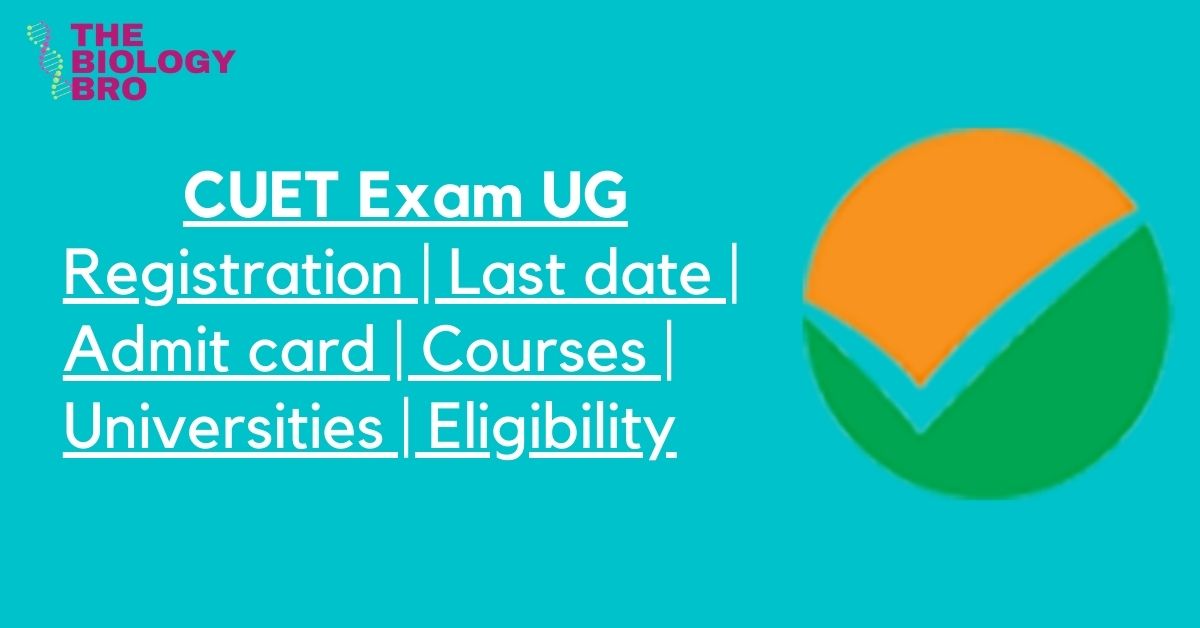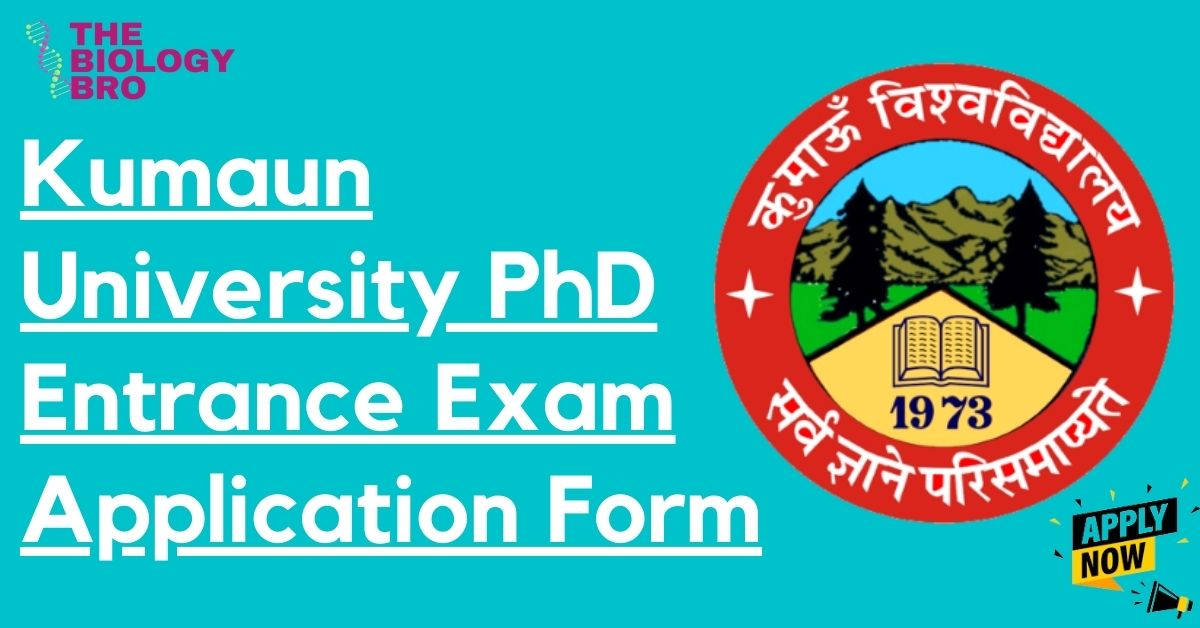The Ministry of Education is launching the Common University Entrance Test (CUET exam 2023 UG) for all undergraduate programs offered by Central Universities for the 2023-24 academic year. The purpose of the test is to create a level playing field and equal opportunities for candidates from different regions, particularly those from rural or remote areas.
Hill station in Almora district gets India’s first grass conservatory
On Sunday, November 14, 2021, India's first grass conservatory, with a two-acre footprint, opened in Ranikhet, Almora district of Uttarakhand. The conservatory was built in three years by the Uttarakhand Forest Department's research arm with funding from the Central Government's CAMPA scheme.
Online application for kumaun university phd entrance exam known as Research degree entrance test (RDET) 2021 are out now.
The World Health Organization has finally approved the world’s first antimalarial drug. Why is this such a big deal? Well, I’ll tell you why, every two minutes a child dies of malaria and this vaccine can save that child and millions of others.
The Defence Institute of Physiology and Allied Sciences (DIPAS), a laboratory of DRDO located in New Delhi has developed a COVID-19 antibody detection kit Dipcovan. It can determine whether or not a person has been exposed to SARS-CoV-2. The kit has a shelf life of 18 months.
Yes, researchers have been working very hard, however, many if not all are seeing this just as an opportunity to publish articles on a topic receiving intense interest from around the globe.
Scientists from the Centre for Nano and Soft Matter Sciences (CeNS) India,in collaboration with King Abdullah University of Science and Technology have developed an electronic nose with biodegradable polymer and monomer that can mimic olfactory receptor neuron, which enables us to detect the smell of various substances.
The year 2020 Nobel prize in Medicine or Physiology has been awarded jointly to 3 scientists Harvey J. Alter and Charles M. Rice from America and Michael Houghton from United Kingdom for their discovery of Hepatitis C virus.
Coronavirus disease (COVID-19) has emerged as that superstar who needs no introduction. Coronam is the Latin term for crown, and coronavirus has the crown-like appearance. As of now, global Covid-19 deaths have exceeded over 8 lakhs with total cases at 25.1 million and still counting. There was only one lab for testing on January 23, 160 labs on March 23 and 1370 labs by August, in India according to the health ministry.
Yes, mosquitoes have been a threat to humans as they are vectors or carriers of deadliest diseases that have affected people across the globe. There are over 3,000 species of mosquitoes in the world and at least 400 of them can be found in India.




